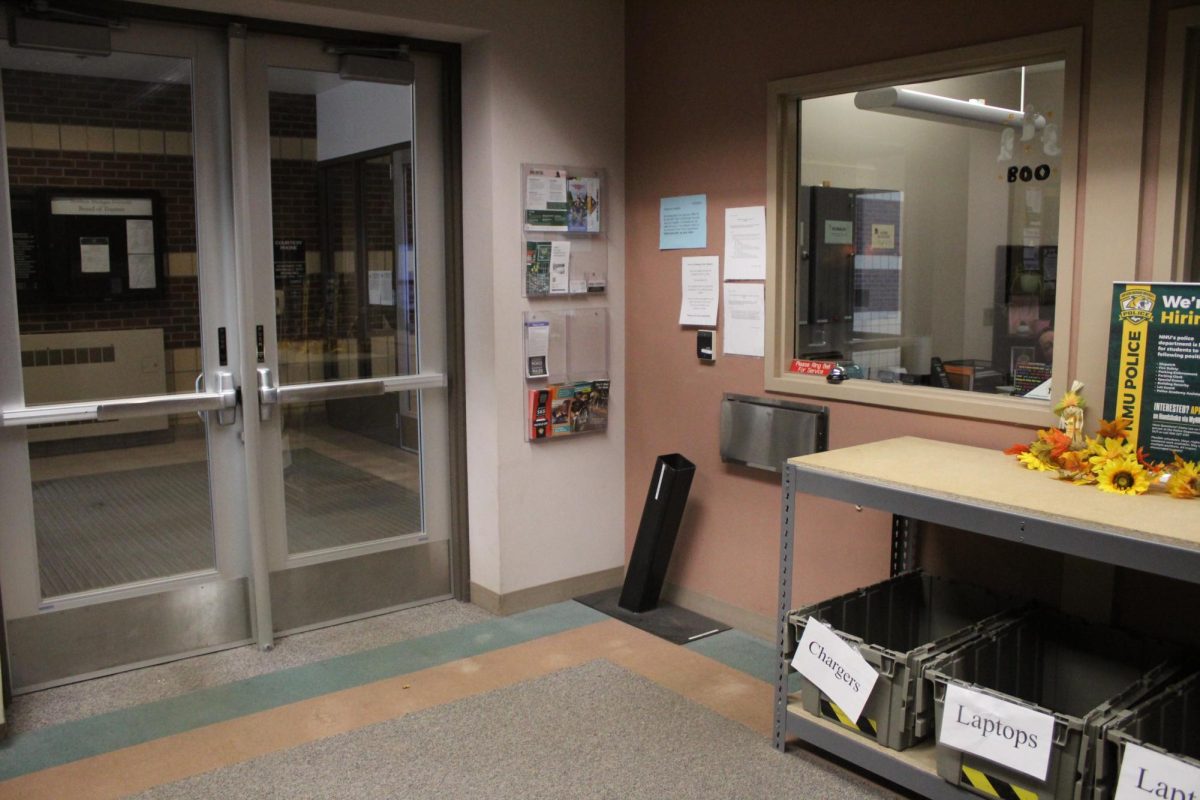Towards the end of July the faculty members in charge of the residence halls realized the reservations and application counts were running unexpectedly higher than those of the past few years. The faculty became concerned that the count of students could get very close to, or rise above, the capacity of available dorm rooms.
“This would limit any flexibility in our assignments or result in our having to add a third person to some rooms for the start of the fall semester,” said Carl Holm, director of Housing and Residence Life. “Since neither of these outcomes were desirable, after considering our options for reducing our occupancy a bit we chose to contact some students who had applied for special permission to live off campus recently and had their application denied.”
The staff communicated with about 30 recently denied students and 23 of them took the option to live off-campus rather than in a residence hall for this up coming year.
Jon Korhonen, a sophomore at NMU, filled out an application to live off campus. To save money he wanted to live in a house with his brother and sister. At first the application was denied, but he recently found out he would be allowed to move off-campus as an exception.
“My mom called a week before school started and they said I could live off-campus as an exception to the housing requirements,” Korhonen said. “I am just waiting for some paperwork to go through and then I will be taken off the housing plan.”
Students, such as Korhonen, had their application to live off-campus denied originally . After noticing the occupancy level in the residence halls, the faculty decided to make exceptions. The students were told that this approval was for the 2011-12 academic year only.
“We made it clear while corresponding with the students that their decision to grant an exception to the housing requirement for them was based on our projected residence hall occupancy and the merit of their application,” said Holm.
The number of single rooms “guaranteed” was limited to help the overflow of residence as well. A significant number of students who requested a single room were not able to be accommodated.
“It appears as though by taking the steps we did-making one-time exceptions to the University’s Housing Requirement and limiting the number of guaranteed single rooms-we avoided reaching or exceeding our capacity,” said Holm.
The amount of new students who have reserved or applied to live on-campus has increased. This could be a result that there are fewer commuter students this year than in the past. It is too early in the semester to be sure though.
The residence hall capacity for this fall is 2,600. As of this last Monday there was 2,564 students who had either reserved or applied for a residence hall room. This number is predicted to increase somewhat the next few weeks. This will then put the amount of residence living on-campus very close to the capacity, but fortunately not over.






















